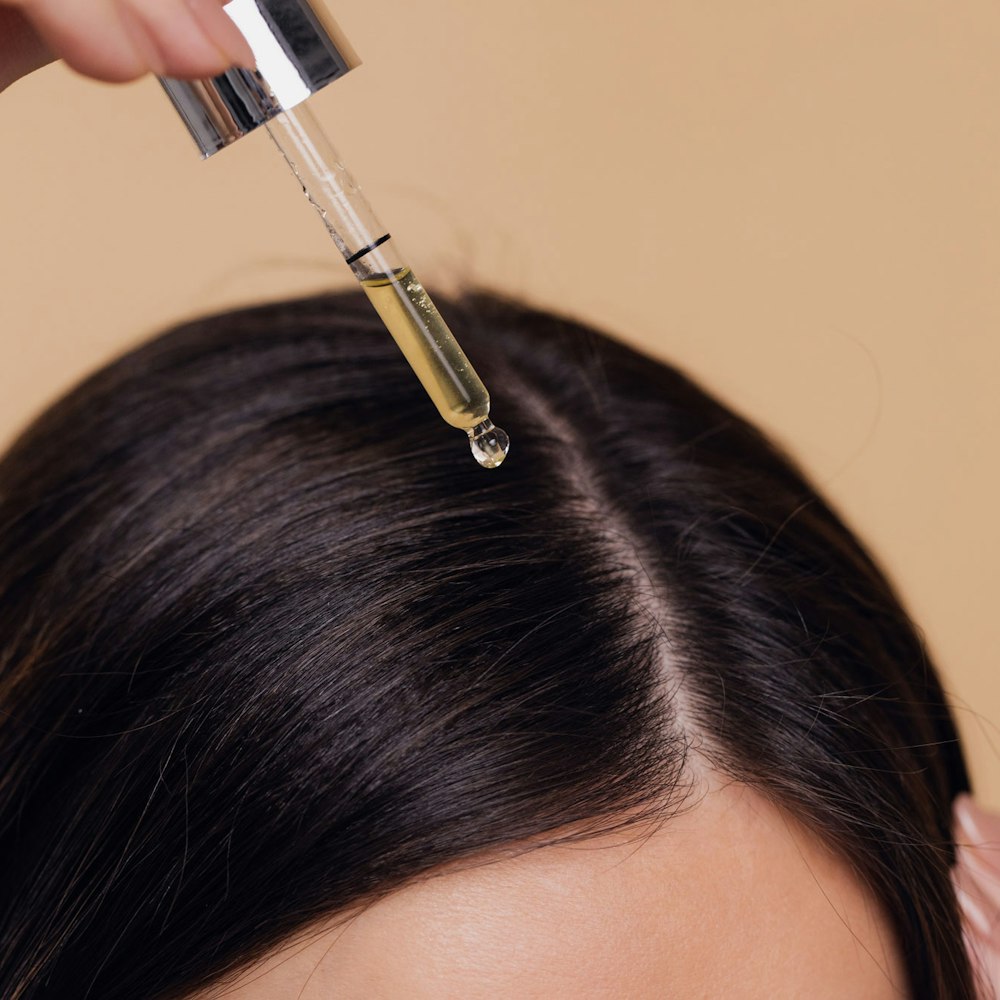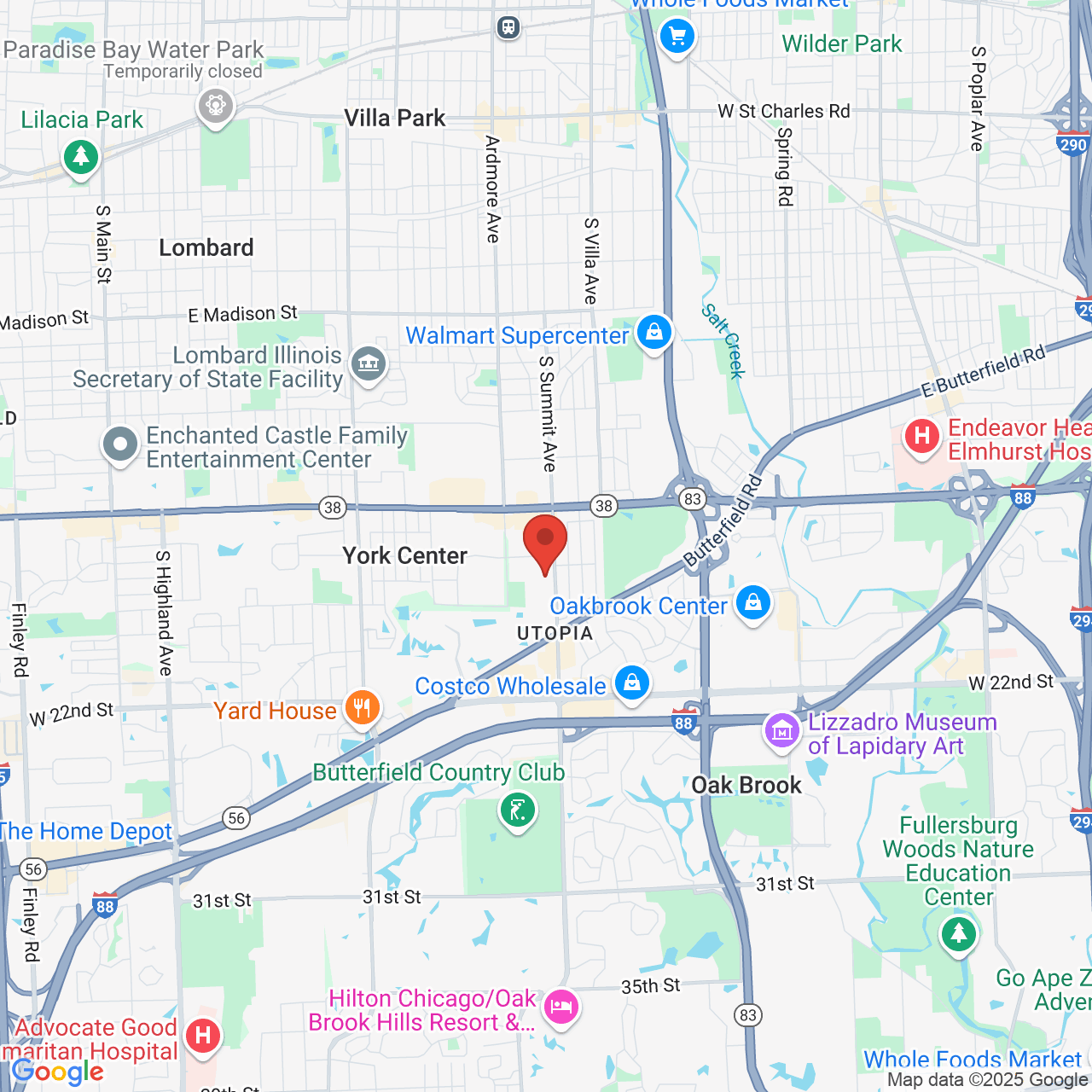Hair Loss Treatment Chicago
Full-Spectrum Hair Restoration by Trusted Experts
- Direct Surgeon Care Only
- Decades of Leadership & Credentials
- Artistic, Natural-Looking Results
- Surgical & Nonsurgical Solutions
Real Patient

See the Difference a Hair Transplant Can Make


This 27-year-old patient suffered from thinning in his frontal, mid-scalp, and crown regions. Ten months after the treatment, our patient has achieved a full head of hair again. View more patient results today!
The skilled team at the Chicago Hair Institute has decades of experience treating hair loss. We understand the complicated set of issues behind the condition and can help you find a solution.
If you have tried and failed to find success with past treatments, don't get discouraged. We use the most advanced and effective techniques.
Take the first step toward seeing a full head of hair in the mirror again. Contact our Chicago practice today to request an in-person or virtual consultation with one of our knowledgeable doctors. You can also request an evaluation by calling the Chicago Hair Institute:
Five Stars!
"If you are like me, wondering the pros and cons of undergoing hair restoration. Just stop wondering, stop questioning! It will be the best thing you've ever done... hands down! Once you have overcome that hurdle... do yourself the favor and get it done by Dr Raymond Konior! Im 200% certain... he is the guy you need." -Christian

What Does Hair Loss Treatment Include?
The team at the Chicago Hair Institute is here to provide education and options to help you restore your hair. The key to successful treatment is an accurate diagnosis of the underlying cause of your hair loss, also known as alopecia.
Once we have an understanding of your condition, we can recommend several forms of restorative treatment, from medication to hair transplant surgery. Sometimes treatment is simple, but more often, it requires a multi-faceted approach and expert knowledge in the medical fields of dermatology and cosmetic surgery. Whatever your need, our team can help provide transformative results.
Surgical Hair Loss Treatment
The most common way to surgically treat hair loss is through a hair transplant. Hair transplants can effectively lower the hairline, increase density, and restore hair in bald patches. Using either follicular unit extraction (FUE) or donor strip harvesting, we will graft existing hair from the back of the head and transfer the follicles to the desired area.
Dr. Konior is one of the few surgeons with the ability to offer transplant mega-sessions. This procedure can graft thousands of follicular units in a single appointment for quick results and minimal scarring. Our modern hair transplant surgeries are highly customizable, providing more successful and natural-looking results than ever before.
Find out if surgical hair restoration treatment is right for you.

Our Surgical Options at a Glance
- FUE & FUT
- Megasessions
- Hairline Surgery
- Women’s Restorations
- Transgender Restoration
- Eyebrow & Facial Hair
Successful Retreatment Is Possible
Have you attempted hair restoration methods in the past with unsuccessful or unsatisfactory results? Don't be discouraged if prior hair restoration attempts have failed. It is possible to achieve a better outcome with the innovative methods employed during retreatment with our hair restoration doctor in Chicago.
We will assess your condition to determine the underlying reasons for prior restoration failures and recommend a customized strategy to properly achieve your goals. Your doctor can also improve the aesthetics of an outdated hair plug technique, disguise donor strip scars, and help you achieve the appearance of more natural growth.
Common Hair Loss Conditions
We treat a wide range of people at our Oakbrook Terrace hair restoration office, including those experiencing:
Androgenetic Alopecia
Androgenetic alopecia is a genetic condition also referred to as male-pattern baldness or female-pattern baldness. This type of alopecia often causes a receding hairline and thinning around the crown and frontal scalp.
Alopecia Areata
Alopecia areata is an autoimmune skin disease and one of the most common reasons for hair loss. This form of alopecia is known to cause hair loss on the head, face, and sometimes on other areas of the body. Alopecia areata can appear early in life and often develops very quickly.
Pregnancy-Related Hair Loss
Pregnancy is one of the few reasons that a woman can experience a type of hair loss known as effluvium. Effluvium is characterized by a high rate of follicle loss and thinning of the hair on the scalp.
Medication Side Effects
Hair loss is sometimes a side effect of certain medications. While most people are aware cancer treatment medications can cause hair loss, it's a lesser-known fact that some antidepressants, blood pressure, and heart medications contribute to the condition.
Our Doctors Provide Comprehensive Enhancements, More Than Hair Care
Chicago Hair Institute is home to a team of three board-certified surgeons who specialize in hair restoration and facial aesthetics. Dr. Raymond Konior, who established the practice in 1996, works alongside Dr. Qutaibah Khatib and Dr. Sahar Nadimi to deliver personalized, natural-looking results. Each brings a unique background and advanced training to the practice: from facial plastic surgery to dermatologic care and delicate tissue repair.
United by a shared commitment to precision and patient-centered care, our doctors take a comprehensive approach to enhancing the appearance of the head and face. Whether you’re concerned about hair loss, scarring, or facial balance, they tailor every treatment to your goals, helping you feel more confident in your skin.
Another 5-Star Review
“Extraordinary. Best kept secret in USA.” -5-Star Review
Find the Treatment That's Right for You Contact the Chicago Hair Institute
Whether you have male pattern baldness or female pattern hair loss, our hair restoration experts in Chicago, IL, can help. We can discuss all of your options for treatment, from medications like Rogaine and nonsurgical therapies to hair transplantation techniques. To learn more, contact the Chicago Hair Institute. You can also reach our practice by phone.
Call Our Hair Restoration Specialists
Dramatic Yet Realistic Results The Chicago Hair Institute Is Here to Help


This 43-year-old patient had a hair transplant at another clinic with mixed results. Using 2,000 follicular units, we dramatically improved hair density and hairline appearance.
"…the staff put me at ease throughout, and they allowed me to come in on as many days post surgery for washing or check up as I wanted. I felt very taken care of. The surgery I received was an FUT hair restoration, mainly of the front hairline, to cover an old scar, along with a few additional grafts in the crown region. My experience at the Chicago Hair Institute Clinic was A+++, and I would highly recommend this clinic to anyone. Thank you." - AJ, 5-Star Review
Hair Loss Treatment FAQ
Is hair restoration covered by insurance?
Hair restoration that's performed for purely cosmetic reasons is not covered by health insurance. If you've lost hair as a result of an accident or injury, you may be eligible for some insurance coverage. Be sure to check with your provider, as coverage can vary.
How long do hair restoration results last?
The lifespan of your hair restoration results will differ based on the treatment you selected. Minoxidil and finasteride benefits will last as long as patients use these medications. Surgical treatments have long-lasting and potentially lifelong results, particularly when the grafts are taken from the right donor area of the scalp.
Are hair transplant surgery scars visible?
Generally, no, though it depends on the surgery you undergo. Follicular unit transplantation (FUT) can leave a large scar at the back of the scalp, though it's usually hidden by a patient's hair growth. Follicular unit extraction (FUE) is more labor-intensive but preferable since it does not lead to a large lateral scar in the donor site. This surgery gives patients more flexibility when it comes to hairstyles.
How many hair grafts will I need?
The number of follicular units needed depends on the extent and nature of a patient's hair loss. During a consultation at the Chicago Hair Institute, we can assess the extent of your baldness or hair thinning and offer an estimate on the number of grafts you'll need. We'll cover all treatment options in full detail.











